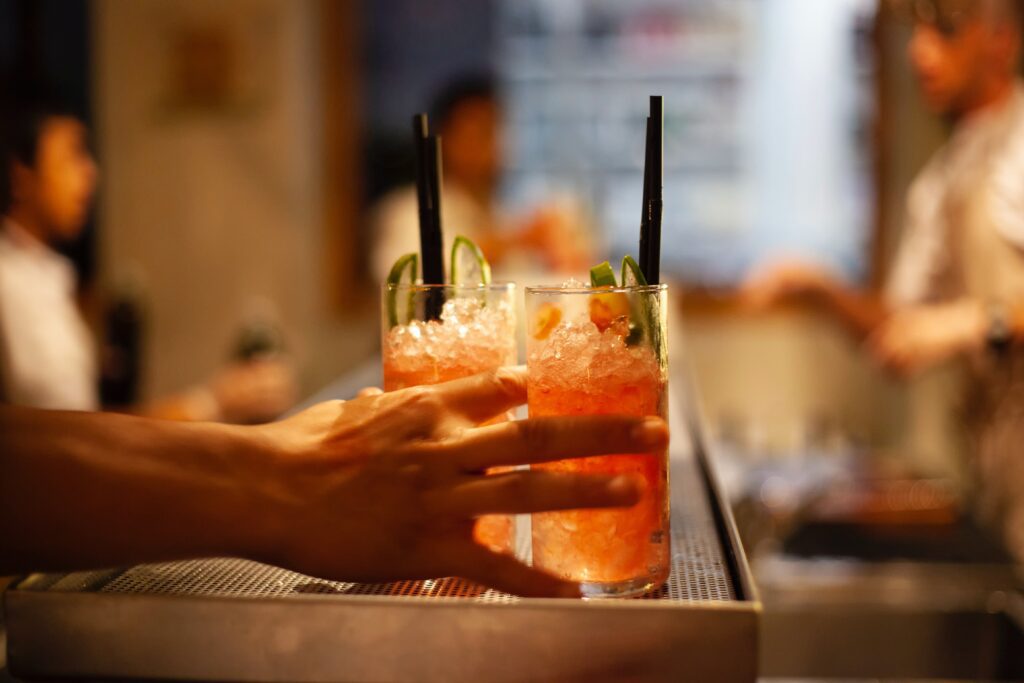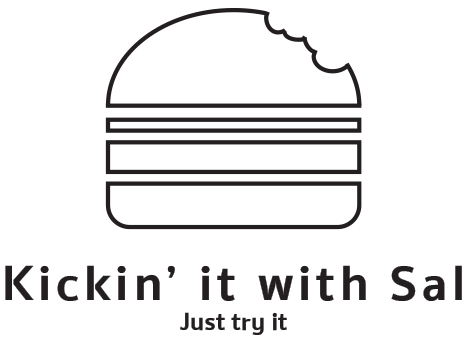
Mocktails, once overlooked, have emerged as the unexpected yet inevitable trend of the moment. The rise of these non-alcoholic beverages is not just a mere coincidence but a response to a significant portion of the population that abstains from alcohol for reasons ranging from religious beliefs to personal or health considerations. This growing popularity might be indicative of society’s increasing focus on health and well-being or, alternatively, a consequence of a changing social landscape with fewer traditional social events. Regardless of the driving forces behind it, the mocktail trend holds immense promise and potential.
From a personal perspective, it becomes apparent that the market for non-alcoholic beverages has been somewhat overlooked. The limited availability of non-alcoholic options in restaurants and bars creates a significant opportunity for substantial financial gain. This potential isn’t restricted to larger beverage companies alone; local restaurants specializing in artisan mocktails could also tap into this burgeoning market. The prospect of witnessing bartenders craft culinary mocktails to cater to health-conscious consumers and reduce unnecessary calories is an exciting evolution on the horizon.
Intricacy of Crafting Mocktails
Crafting a mocktail mirrors the intricate artistry involved in cocktail creation. It demands a profound understanding of ingredients, culinary expertise, and a touch of creativity. Surprisingly, the pricing for mocktails can approach that of traditional cocktails, underscoring the market’s recognition of the skill and craftsmanship involved. Looking back on my childhood, memories flood in of observing my father sipping on a non-alcoholic beer called Birell. It was a staple in his beverage choices, sparking my curiosity about why similar non-alcoholic options were not as prevalent in the United States. With the current surge in the popularity of mocktails, it is evident that a lucrative opportunity awaits those who are quick to seize it.
The landscape of non-alcoholic beverages is evolving rapidly, offering not just a refreshing alternative to traditional cocktails but also a reflection of changing consumer preferences. The market potential is not only substantial but diverse, encompassing both large beverage corporations and local establishments with a flair for creativity. The demand for non-alcoholic options is not only fueled by those abstaining from alcohol but also by individuals seeking a healthier lifestyle without compromising on the social aspect of enjoying a meticulously crafted beverage.
Shift Towards Mindful Consumption
As the trend gains momentum, it has the potential to reshape the hospitality industry. The perception of non-alcoholic beverages is shifting from mere alternatives for designated drivers to sophisticated, palate-pleasing creations that stand on their own. This shift is not only a response to the diverse reasons people choose to abstain from alcohol but also a reflection of changing cultural attitudes towards mindful consumption.
Considering the vast landscape of possibilities within the mocktail trend, it becomes evident that innovation is the key to unlocking its full potential. Bartenders are stepping into the spotlight as they experiment with unique flavor combinations, drawing inspiration from culinary trends to create mocktails that rival their alcoholic counterparts. The intricate balance of flavors, the artful presentation, and the overall experience are becoming defining characteristics of this evolving beverage category.
Moreover, the economic impact of the mocktail trend extends beyond the realm of beverage production. The rise in demand for non-alcoholic ingredients, from exotic fruits to botanical infusions, stimulates various sectors of the economy. Farmers, suppliers, and artisans find new opportunities within this trend, contributing to a more sustainable and diversified market.
The ascent of mocktails from overlooked alternatives to sophisticated, sought-after beverages is a testament to the dynamic nature of consumer preferences. The trend not only addresses the needs of those abstaining from alcohol but also speaks to a broader shift towards mindful consumption and a desire for healthier, creative options. As the mocktail landscape continues to evolve, it presents a canvas of opportunities for both established beverage companies and local entrepreneurs, transforming not just the way we drink but also how we perceive and appreciate non-alcoholic beverages.
If you are interested in more Food Science content I suggest you check out the food science section!

